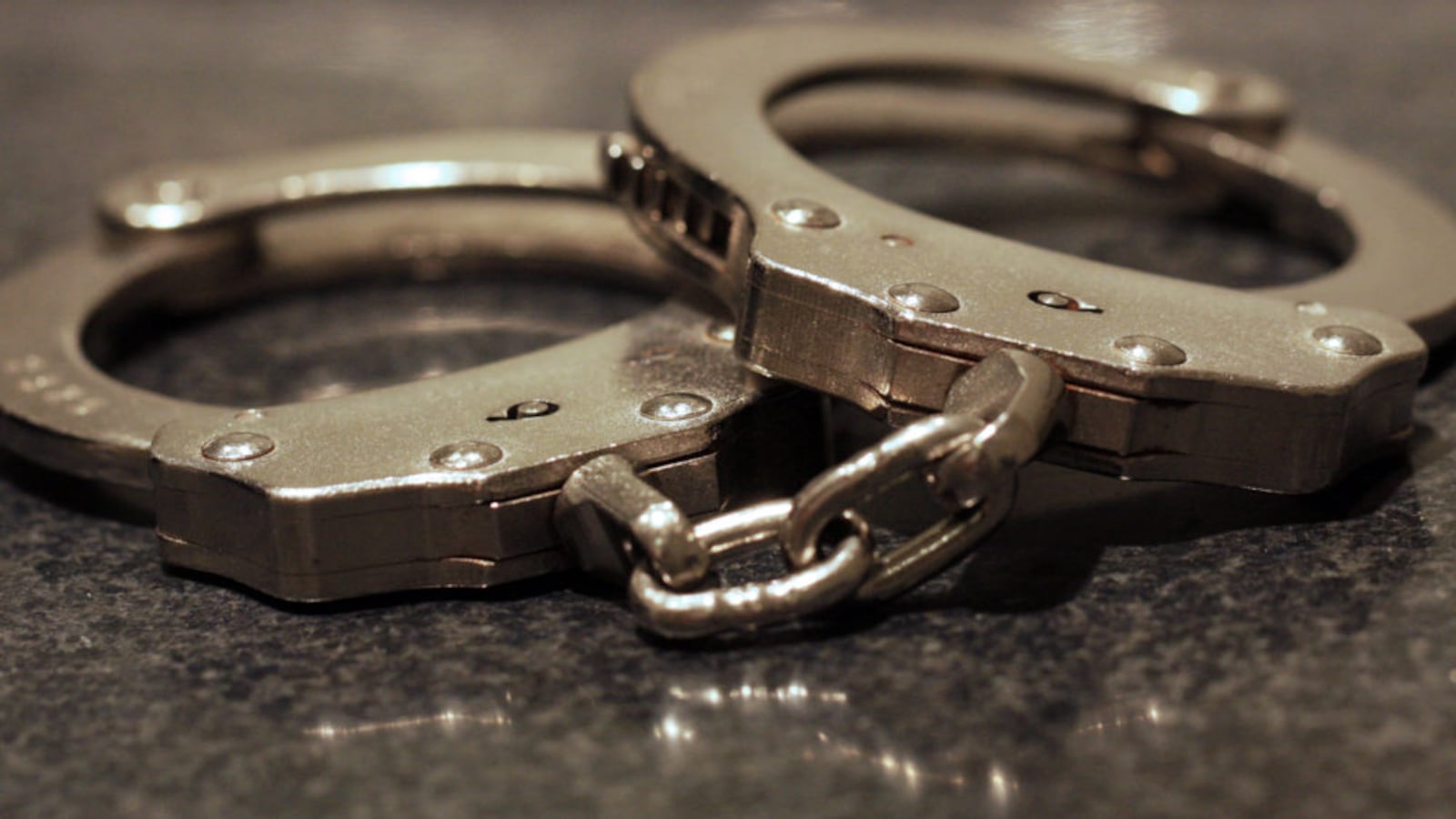Denver campus safety officers handcuffed only three students in the first three months of school, an 87% reduction from last year, when officers used handcuffs 23 times in the first trimester.
That data is from the district’s first-ever “trimester transparency report,” an accounting of how many times campus safety officers used handcuffs and on whom from the start of school to Nov. 4.
The report was mandated by the school board as part of a resolution banning the use of handcuffs on elementary school students, except in rare cases, and directing the district to use them less often on middle and high school students.
The report reveals one middle school student and two high school students were handcuffed in September and October. Two students were black and one was white.
The school board is requiring the district to report students’ race to track whether handcuffs are being disproportionately used on students of color. That has historically been the case: 45% of the 155 students handcuffed in the 2017-18 and 2018-19 school years were black, according to data released earlier this year. Only 13% of Denver’s 93,000 students are black.
The report also shows the reasons students were handcuffed. One high school student was handcuffed for “possession of [a] weapon,” the report says. Another was handcuffed for being “under the influence.” The middle school student was handcuffed for “assaults on staff.”
The district has not publicly reported data about handcuff usage in this way before. The issue of handcuffing students rose to prominence in April when a family went public with the story of their 7-year-old son being handcuffed at school.
The school board acted in June, banning the use of handcuffs on elementary students unless they are openly displaying a deadly weapon. The resolution also directed the district to review every handcuffing incident, which was not previously required, and mandated the district’s more than 100 campus safety officers undergo five additional days of training.
Mike Eaton, chief of the district’s safety department, said all district officers have completed the training. It included lessons on understanding implicit bias, as well as training on how to approach students dealing with trauma.
The officers also participated in a 40-hour module created specifically for Denver Public Schools on how to verbally de-escalate situations involving both parents and students, including those with disabilities.
Whereas district officers, who are not sworn police, were historically trained to use law enforcement tactics, the new lessons are meant to give them different tools, Eaton said.
“I just can’t say, ‘You can’t use handcuffs anymore, so figure it out,’” Eaton said. “We said, ‘We’re going to take a different approach.’ These are kids. Our processes have to be redemptive, and they have to be supportive.”
Eaton said he’s also working with school staff to help them better understand when it’s appropriate to call campus security, and when it’s not. For example, he said, a student not listening to a teacher or running down the hallway is not cause to call security.
“We’ve done a good job with our dispatchers to triage those calls, so we’re not putting our officers in that position” to have to respond, Eaton said.
In September, the Denver Police Department also revised its policy on handcuffing children. It now says officers “will not handcuff or utilize any other restraint devices on an individual who they reasonably believe is 12 years of age or younger,” except in certain circumstances.
Before the change, the only direction in the police manual regarding handcuffing children was that they were not to be cuffed to any stationary objects, a department spokesperson said.
Eaton said he’s proud of the way Denver Public Schools campus security officers have embraced what he described as a “culture shift” regarding handcuffing.
“I was not expecting this rapid of a result,” he said. “I’m very pleased with that.”

